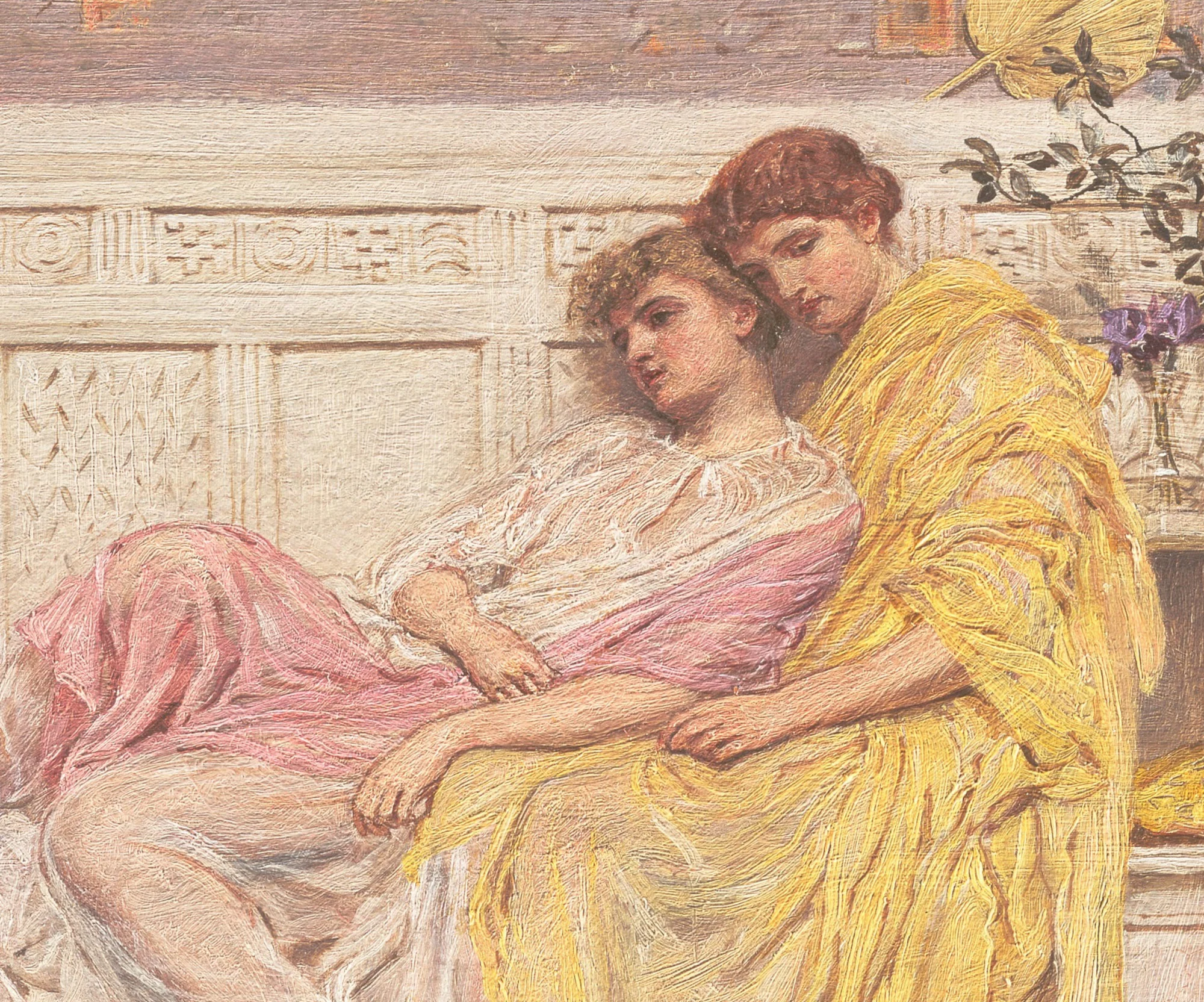The heavens have long told the tale of two archetypes who seem to share the same face under different veils. Guardian of tides and memory, the Moon embodies the Mother who nourishes and protects. Venus, star of dawn and evening, wears the mantle of the Beloved whose beauty draws the soul into union. In the sky they are never far in meaning but can be far in dignity.
Moon now walks in Taurus, her exaltation, moving through the second zodiacal house in the phase of dissemination. Venus resides in Cancer, a place where her influence is soft and neutral. Ancient astrologers knew the subtleties of this dance, assessing the strength of the luminaries and the planets by their mythic nature. It is a meeting between two feminine principles that, whilst often conflated, carry different laws of spirit. In Marian devotion they are brought together, since the Virgin is called both Stella Matutina (the pure Venus) and Speculum Iustitiae (the just and perfect) lunar mirror.
I. The Moon’s Dominion and Exile
The Moon finds her exaltation in Taurus, a fixed earth where the changeable light of her body is steadied by the sign’s solidity. This gives her the power to preserve and multiply what has been planted. The Moon in dissemination reflects now a moment when the gifts welcomed at the fullness are to be shared, distributed.
But the Moon also carries a place of exile in Libra. That cardinal air, ruled by Venus, cannot sustain her needs as a Mother. Libra asks for abstract harmony and relational symmetry, whereas the Moon requires the intimacy of nurture and the immediacy of care. In exile she still shines, but the glow is borrowed and the emotional current feels subject to the judgement of the mind.
Ancient astrologers saw the Moon as the ruler of the body, the rhythms of life, and the shaping of the soul’s vessel. Her dignity or debility was a matter of whether her natural work could proceed without hindrance. In Taurus she gathers the grain and guards the hearth. In Libra she becomes a guest in a hall of mirrors where her cycles are measured against an idealised form. The Mother becomes in cardinal air a diplomat rather than a matron, and her care must often pass through the refinement of manners and measure.
II. Venus and the House of the Crab
Ruler of Taurus and Libra, Venus finds in Cancer a place where she is treated without favour or dishonour. Cancer belongs to the Moon and so Venus, in that sign, visits the motherly house. The Beloved here must follow the customs of another matriarch. She is hosted by a ruler whose domain is domestic, protective, and geared towards memory. This lends Venus a softer hue, with her charms turned towards the familiar rather than the distant conquest. In Cancer her desire is for what can be held and kept safe, rather than for the fleeting spark of novelty.
This placement is one of mingled waters. Venus carries the impulse to bind through delight, to draw together what is separate. When she is in Cancer, this lacing is through the roots of shared history and blood. It is the beauty of the homecoming, the attraction to what feels like the lost shore. The neutrality of dignity here frames it within a more intimate compass. She is still the Beloved, but her mirror is now filled with the faces of kin and the scent of the familiar table.
III. Mary as Morning Star and Mirror of Justice
In the Christian mystical tradition, the Virgin Mary unites these two principles in her very titles. Stella Matutina, the Morning Star, speaks to her as the pure Venus. She is the herald of the Sun, the first light before the day, the promise of beauty unsullied by corruption. This Venus is the constant beacon that draws the soul upwards. In her other title, Speculum Iustitiae, she is the lunar mirror that perfectly reflects the Divine order. This is the Moon in her full receptivity to the Light of the Sun, holding nothing of her own apart from what she embraces and renders without distortion.
To hold both these titles is to reconcile the Beloved and the Mother. In the language of astrology, it is to see Venus dwelling in the house of the Moon without rivalry, and the Moon exalting in the house of Venus without loss. The heavenly dignities become an allegory of the soul’s own work: to integrate the tenderness that protects with the beauty that attracts, without reducing one to the other.
Fiat Lux.
